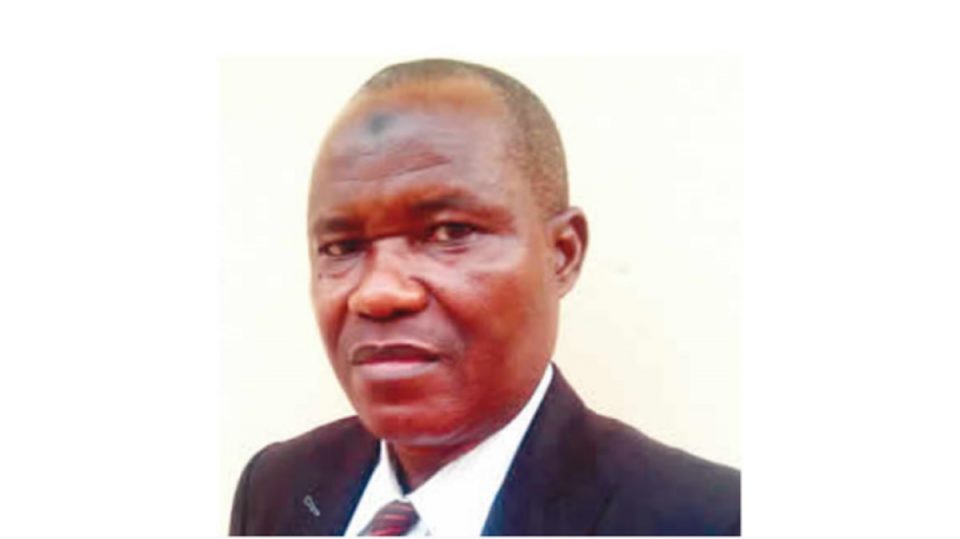Financial experts on Wednesday attributed continuous inflation spike in January to minimum wage payment, border closure and Value Added Tax (VAT) increment announcement just as they tasked government on friendly policies to boost production.
They stated this while reacting to January inflation figure released by the National Bureau of Statistics (NBS).
NBS on Feb. 18 released the Consumer Price Index which measures inflation, with the index rising from 11.98 per cent in December 2019 to 12.13 per cent in January.
The 12.13 per cent inflation rate represents an increase of 0.15 percentage point over the index recorded in December.
The figure, the highest since April 2019 was on the back of pressure from both the food and core inflation.
Prof. Sheriffdeen Tella, Professor of Economics, Olabisi Onabanjo University, Ago-Iwoye, Ogun State, said that increase in inflation rate was not unexpected with minimum wage payment and VAT increment pronouncements.
“This is more so when we are not in harvesting period. That is why the price index rose steeply,” he said.
Tella who kicked against calls for border opening said that the gain of becoming self sufficiency in production would be lost.
“I do not support the idea that the border should be opened as the gain of becoming self sufficiency in production will be lost immediately.
“Opening the border will not safe the inflation from growing in February and March until the effect of increase in salaries and VAT thin out,” Tella added.
Mr Okey Umeano, Head, Office of the Chief Economist, Securities and Exchange Commission (SEC), said the rising inflation was a source of worry to everyone.
Umeano noted that with the inflation spike, the country should likely expect more tightening from the Central Bank of Nigeria (CBN) which would be bad for the real sector.
“This rise in inflation is not attributable to food alone, as core inflation also rose and Purchasing Managers Index (PMI) fell in January, indicating a poor outlook for the economy.
“The solution to these lies in the fiscal and monetary authorities working together to tighten a bit and dampen the economy before the inflation gets out of hand,” he said.
He explained that the development calls for proper look at CBN’s expensive policy of defending the Naira.
Umeano who disagreed that the border closure was the cause of inflation said that the closure had been more positive than negative.
“I think it’s a policy that should continue until we are able to properly secure our borders,” he stated.
Mr Ambrose Omordion, the Chief Operating Officer, Invest Data Ltd., attributed the index rise to lack of coordination and un-articulated policy that fueled prices of goods and services.
“Since the border closure, macroeconomics indices have remained weak and mixed with insecurity affecting food supply as result of attacks on farmers, high cost of transportation due to bad roads,” Omordion said.
According to him, government needs to review its policies on border closure, insecurity, high debt profile, huge infrastructural deficit and high cost of doing business in Nigeria with the rising inflation rate.
He predicted that inflation rate would continue on upward trajectory in February if government failed to review its policies with implementation of VAT that took effect on Feb. 1.
Mr Moses Igbrude, President, Issuers and Investors Alternative Dispute Resolution Initiative, said an increased inflation was a sign too much money chasing fewer goods in the economy.
Igbrude noted this showed that the recent CRR policy put in place by CBN to mop up excess money in circulation was yet to be felt.
He added that available goods either produced locally or imported were not yet sufficient.
“A lasting solution is to increase local production by encouraging Nigeria private sector with good policies and incentives or open the land borders for imports.
“Refining of petroleum products locally instead of current situation of importation of petroleum products will provide a lasting solution to inflation in Nigeria,” Igbrude stated.
Analysts at Cordros Research attributed the hike to sustained border closure.
On outlook for February, “we expect headline inflation to maintain its upward trajectory, largely on account of continued pressure from food inflation and a low-base driven uptick in core inflation,” they said.
They also projected a slight shortage of farm produce given the recent rise in Boko Haram’s activities in some food-producing states, as the populace and farms continue to get displaced.
They forecasted headline inflation of 12.30 per cent in February and year-end inflation of 15.35 per cent with upward adjustment in VAT hike, land border reopening in Q1 and electricity price hike.




